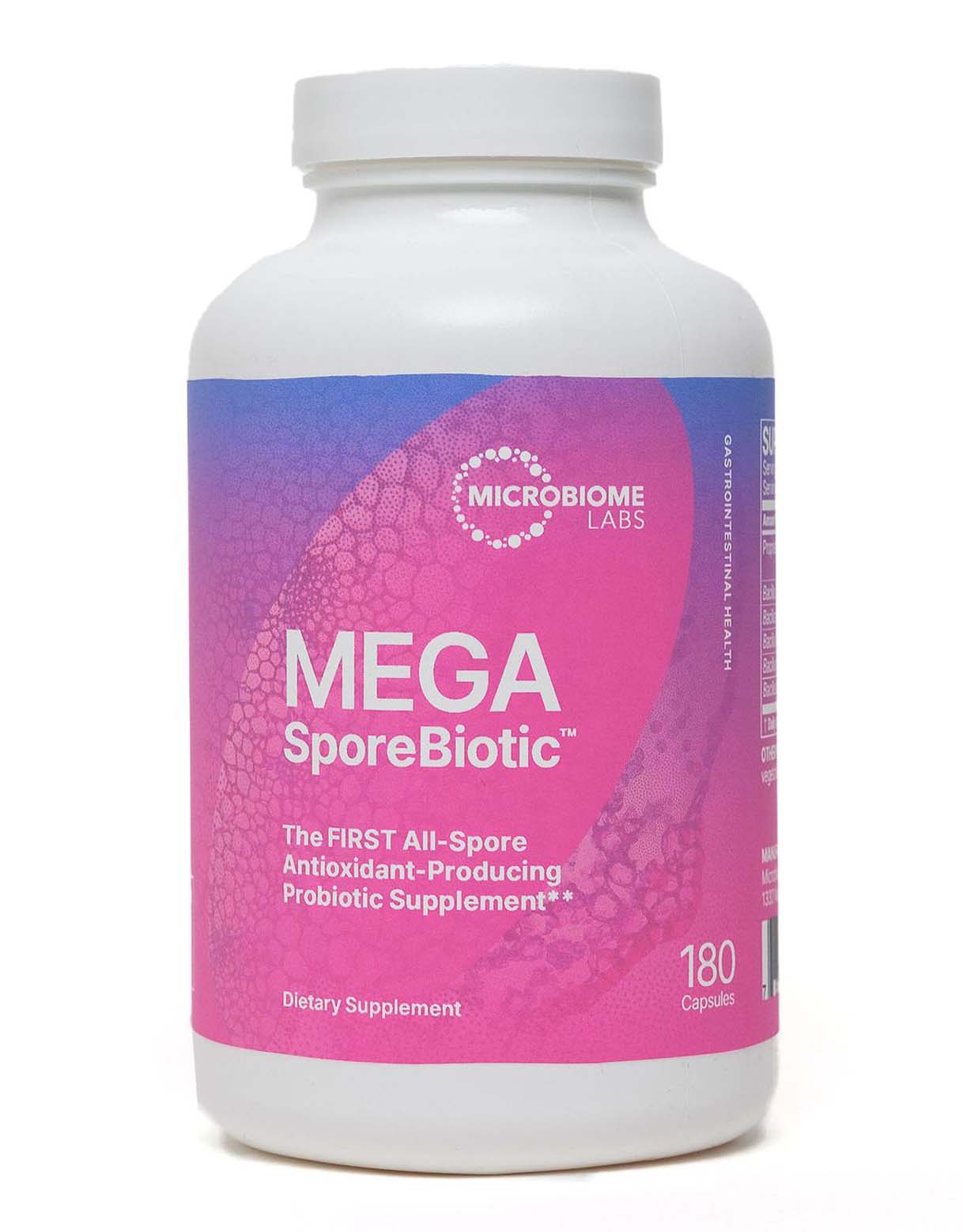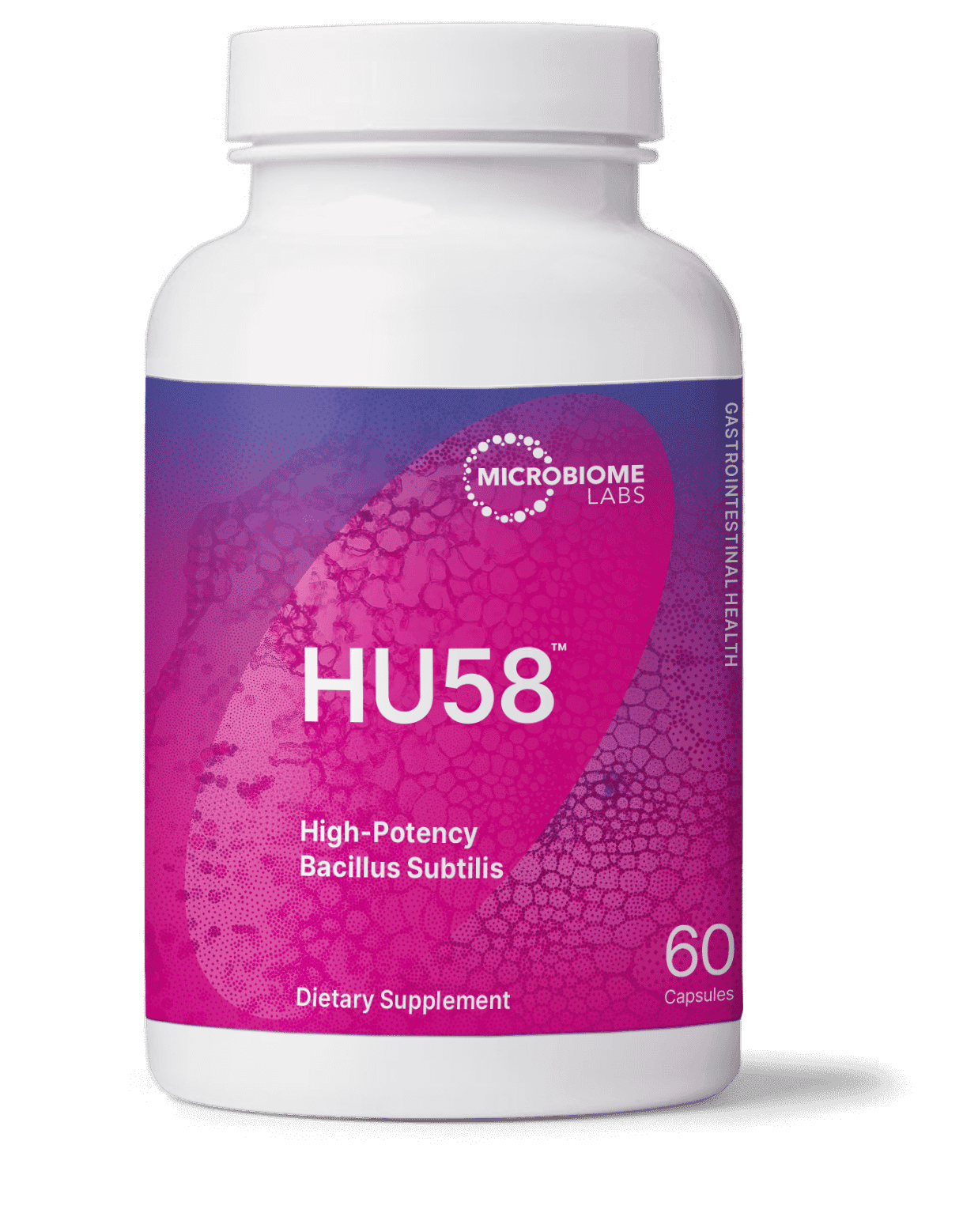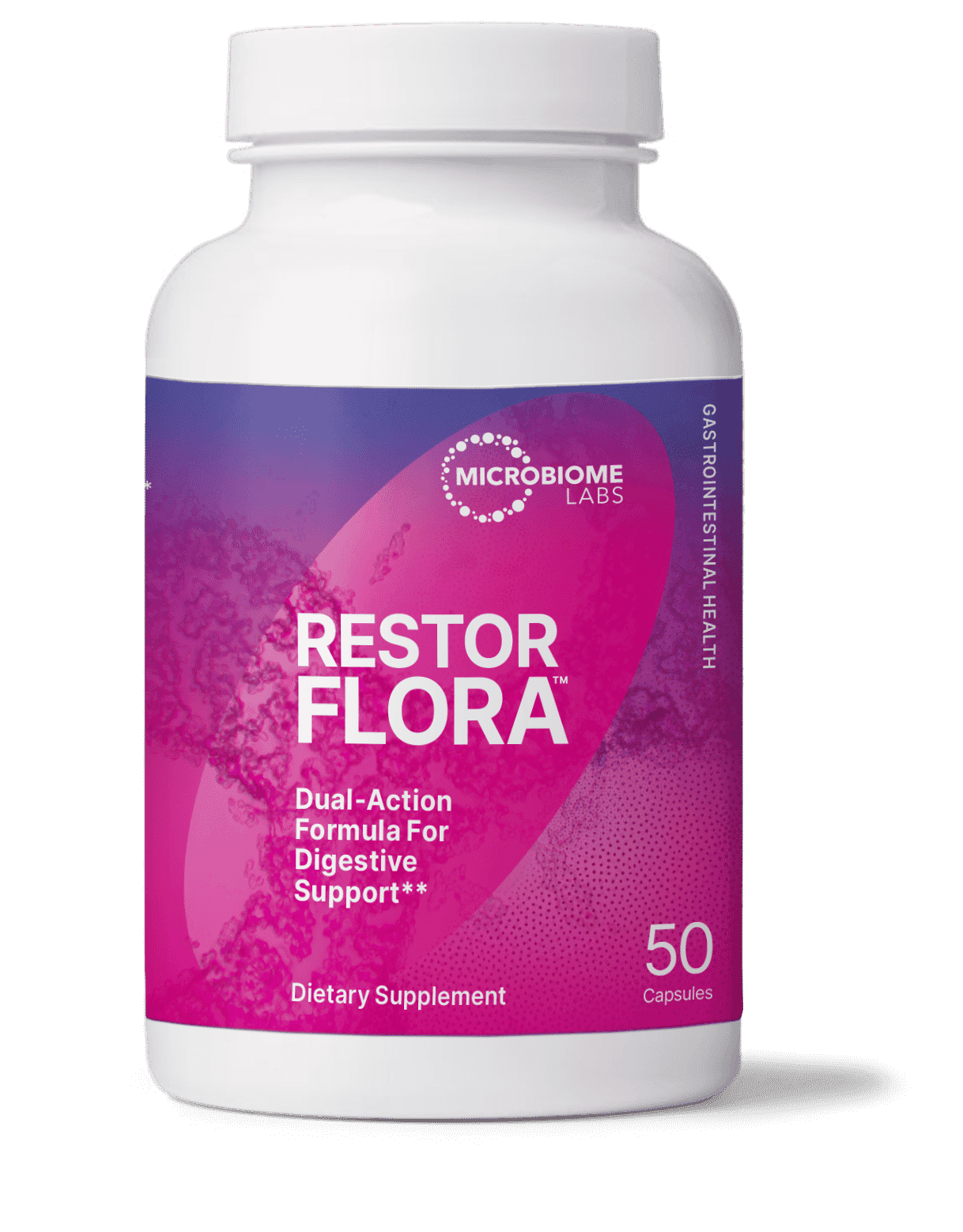Description
PRICE INCLUDES SHIPPING (within US-only). In Stock. Free Shipping Insurance. Lowest Retail Cost Allowed by Manufacturer. Satisfaction Policy
Folic acid, the most common form of folate in supplements and fortified foods, requires the enzyme methylenetetrahydrofolate reductase (MTHFR) to be converted to L-methylfolate, the activated form of folate used by the body for many biochemical reactions. About half of the population have genetic variations that reduce the ability of the MTHFR enzyme to make this conversion. For this population, L-methylfolate supplementation is far more effective in providing this form of folate.
- Supports healthy mood, cardiovascular, and nerve function*
- Important for normal production of serotonin, norepinephrine and dopamine*
- Essential for converting homocysteine to methionine*
Overview:
L-methylfolate is the activated form of folate (vitamin B-9) ready to be used by the body for many biochemical reactions. Unlike folic acid, the synthetic form of folate found in most supplements and fortified foods, L-methylfolate does not require conversion by the MTHFR enzyme, a function that is impaired by genetic variations present in about half the population. The supplement is not exclusively for those with an MTHFR mutation however, those without the inhibitory genetic defect can absorb and use L-methylfolate as well.
What is L-Methylfolate?
Low folate status is one of the most common nutritional deficiencies, and that statistic increases as we age. Not consuming enough folate-rich foods is the primary reason for this deficiency, but many people have interfering health issues that prevent natural folate absorption, and others still are born without the ability to metabolize folic acid properly.
To combat widespread folate deficiency, many food manufacturers began “fortifying” food or adding synthetic folic acid to common foods (white rice, bread, etc.) that don’t naturally contain much folate. One problem with folic acid is that it must be converted to L-methylfolate, the active form of folate, before it can be used by the body for many biochemical reactions. This conversion requires the body to produce an enzyme called methylenetetrahydrofolate reductase (MTHFR). Unfortunately, about half of the population have genetic variations that significantly reduce the ability of the MTHFR enzyme to make this conversion, which means some people cannot make enough active folate to fulfill their physiological needs, no matter how much folic acid they consume. For this population, L-methylfolate supplementation is far more effective in providing sufficient doses of activated folate.
Another problem with synthetic folic acid is that consuming too much may have adverse effects if it builds up, unmetabolized in the bloodstream, especially in the elderly. Folic acid is much slower to break down than natural folate, even in individuals with healthy folate metabolism, and requires the help of the liver and other tissues for activation. Therefore, replacing folic acid supplements with L-methylfolate is a healthy choice for all individuals, regardless of age or genetic predisposition. L-methylfolate completely bypasses the entire folic acid metabolism cycle and has been shown to be more effective than folic acid for increasing circulating active folate in the body.
How does L-Methylfolate Work?
L-methylfolate is critical for biochemical reactions involving one-carbon transfer (methylation). These methylation processes include DNA synthesis, cell division, amino acid metabolism, and neurotransmitter synthesis.
L-methylfolate is required to convert the amino acid homocysteine to another amino acid, methionine. The body uses methionine to make the neurotransmitters dopamine, serotonin, melatonin, and epinephrine. Shortages in these neurotransmitters are often related to major depression and other psychiatric disorders. While SSRI medicines work by blocking the reabsorption of neurotransmitters, L-methylfolate can support your brain helping to produce sufficient levels of the needed neurotransmitters for balanced mood and energy.
Without sufficient L-methylfolate, homocysteine levels can build up, causing a potentially serious condition known as hyperhomocysteinemia; a known, independent risk factor for heart disease, stroke, and other forms of cardiovascular disease.
A decline in folate levels in the cerebral spinal fluid occurs with aging and has been associated with reduced cognitive function. At the same time, raised blood levels of homocysteine have been observed in elderly people with mild cognitive impairment, vascular dementia, and Alzheimer's Disease, and high homocysteine has since been associated with an increased risk for both cognitive decline and dementia. It is possible then, that supplementing L-methylfolate, to keep folate status up, and homocysteine levels down, may support cognitive longevity and mental clarity in our later years.
If your nutritional supplement delivers folate in the form of L-methylfolate, your body can use the nutrient for its various purposes immediately upon absorption, rather than relying on the folic acid cycle and all of the other precursors to activate folic acid. L-Methylfolate is highly effective at reducing homocysteine levels (with or without an MTHFR mutation).
What is the Suggested Use for L-Methylfolate?
- Supports healthy mood, cardiovascular system, and nerve function by supporting folate status and keeping homocysteine levels under control.
- Important for normal production of serotonin, norepinephrine, and dopamine. L-methylfolate helps in the conversion of precursors for healthy neurotransmitter production.
- Essential for converting homocysteine to methionine. High homocysteine levels can lead to a number of health problems.
Source Materials: L-methylfolate, calcium salt (Extrafolate S®, Gnosis Bio, Italy) and glycine are made by chemical synthesis. All ingredients are vegan and non-GMO.
Allergens: According to information provided by our suppliers, these capsules are free of the eight major allergens as identified by the Food Allergen Labeling and Consumer Protection Act of 2004 (FALCPA): Wheat (gluten), eggs, milk, soybeans, shellfish, fish, peanuts, tree nuts.

Recommendations: Use as directed by a healthcare professional.
Precautions: Pregnant or lactating women and individuals taking prescription medications should consult with a healthcare professional before taking any supplement.
-See Satisfaction Policy
-Other Metabolic Maintenance Products
SKU / UPC Barcode: 767674517875
*These statements have not been evaluated by the Food and Drug Administration. This product is not intended to diagnose, treat, cure or prevent any disease.
























































































